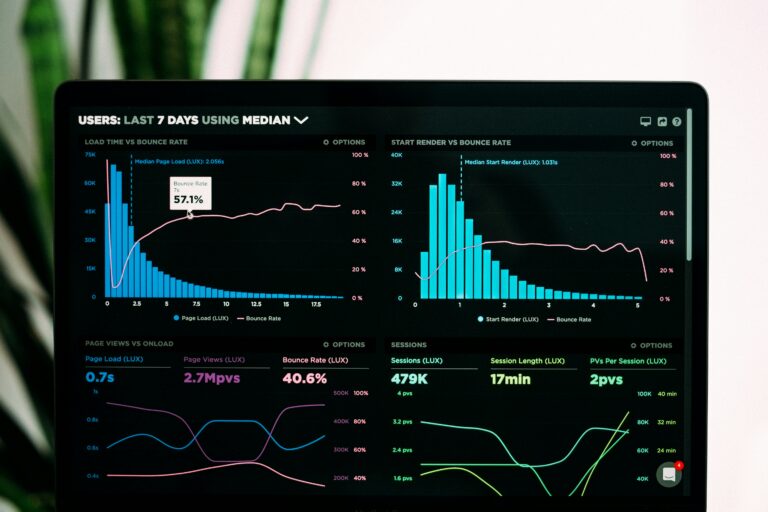
If you’re in Ghana, the cost of internet would have piqued your interest and drained your budget. It has certainly burnt a hole in my pocket.
I’ve tried many options from all the telcos, and I can’t help but baulk at the high costs.
This situation even got the Minister for Communications and Digital Innovation to get the telcos to increase the bandwidth for every purchase.
Despite those interventions, you’d be hard-pressed to find the average Ghanaian who is impressed by the cost, bundle size, or the speed at which the data gets depleted.
After trying various hacks and exploring the different “unique” offerings, like the made-for-me bundles, I’ve decided to roll the dice on one final option.
I’m doing the math
Like many products we purchase, when you do the math, you realize that you’re penalized for buying in smaller quantities. It appears the cost is higher per unit when you buy smaller.
For example, on average, a bottle of water will cost more per milliliter when you buy the smaller offering. You would pay more for a bag of rice if you bought the smaller size than if you bought the bigger size.
Toothpaste, cooking oil, and basically almost every household essential follow the same principle.
It comes as no surprise that internet service providers do the same thing. For example, the usual fixed MTN data bundles cost as follows:
1 Cedi for 40 MB,
3 Cedis for 401 MB.
If one cedi costs 40 MB, 3 cedis should have been 120 MB, right? Working it backwards, if 3 Cedis would give you 401 MB, one Cedi should give you 133.6 MB, right?
But alas, one Cedi only gets you 40 MB. Clearly, you’re penalized for buying the smaller option.
I followed the same principle and decided to try the biggest offering, 214GB for 399 cedis.
At face value, paying 399 cedis for data at once sounds outrageous. I’m not a big data user, and that didn’t go down too well with me. But before I took that decision, I did the math.
If data costs 400 Cedis for 214 GB, one Cedi would purchase 535 MB. Remember how much data one Cedi got at the lower reaches? 40MB. And even when we broke down the 3 Cedis for the 401 MB option, one Cedi should have purchased 133.6 MB.
But 535 MB of data per Cedi? That appears to be a much better deal financially. But I have to use it first, before I can make definitive, evidence-based conclusions. I would then compare that to what I usually spent on data by purchasing the “less expensive” offerings.
Let’s see how long it lasts, but at face value, it seems it’s a good bang for my cedis.



Leave a Comment